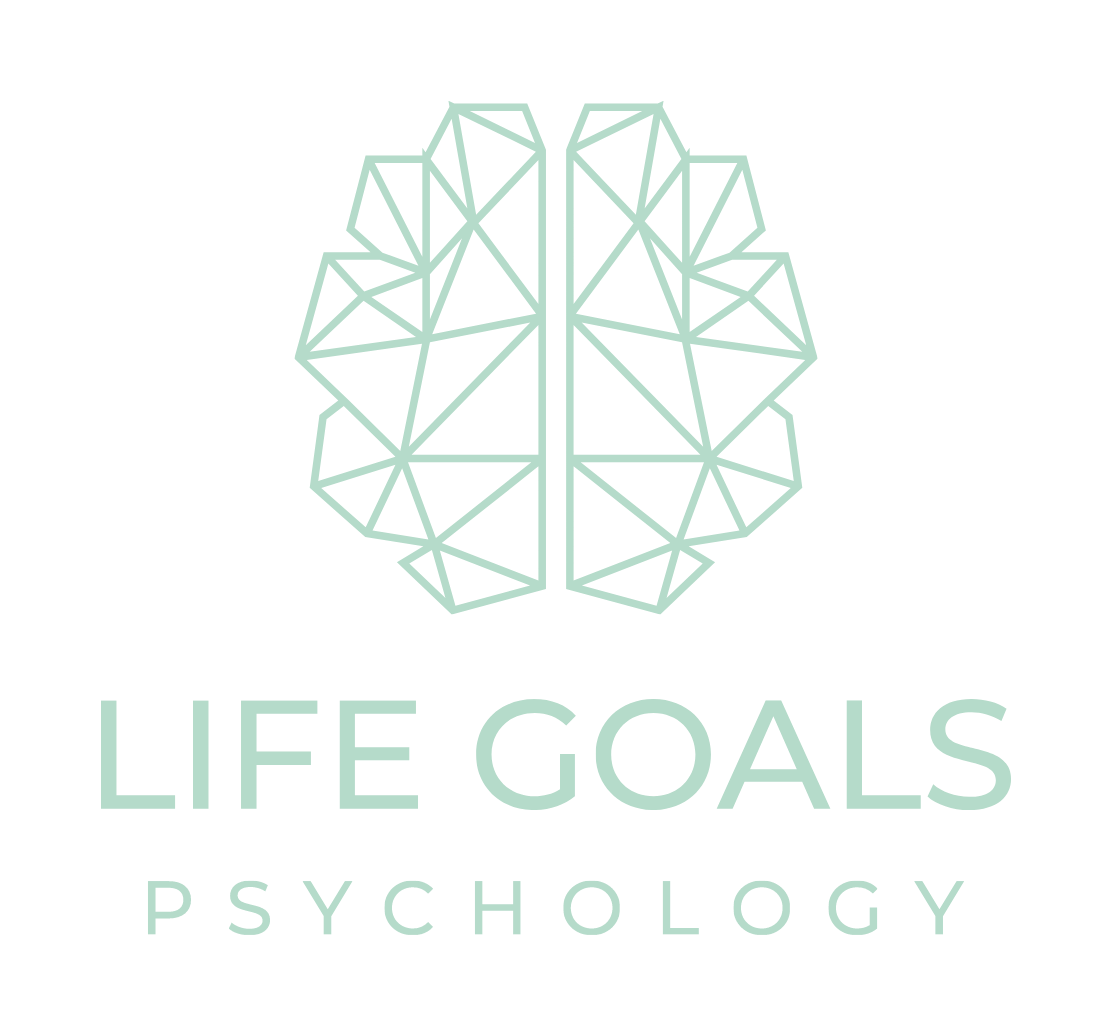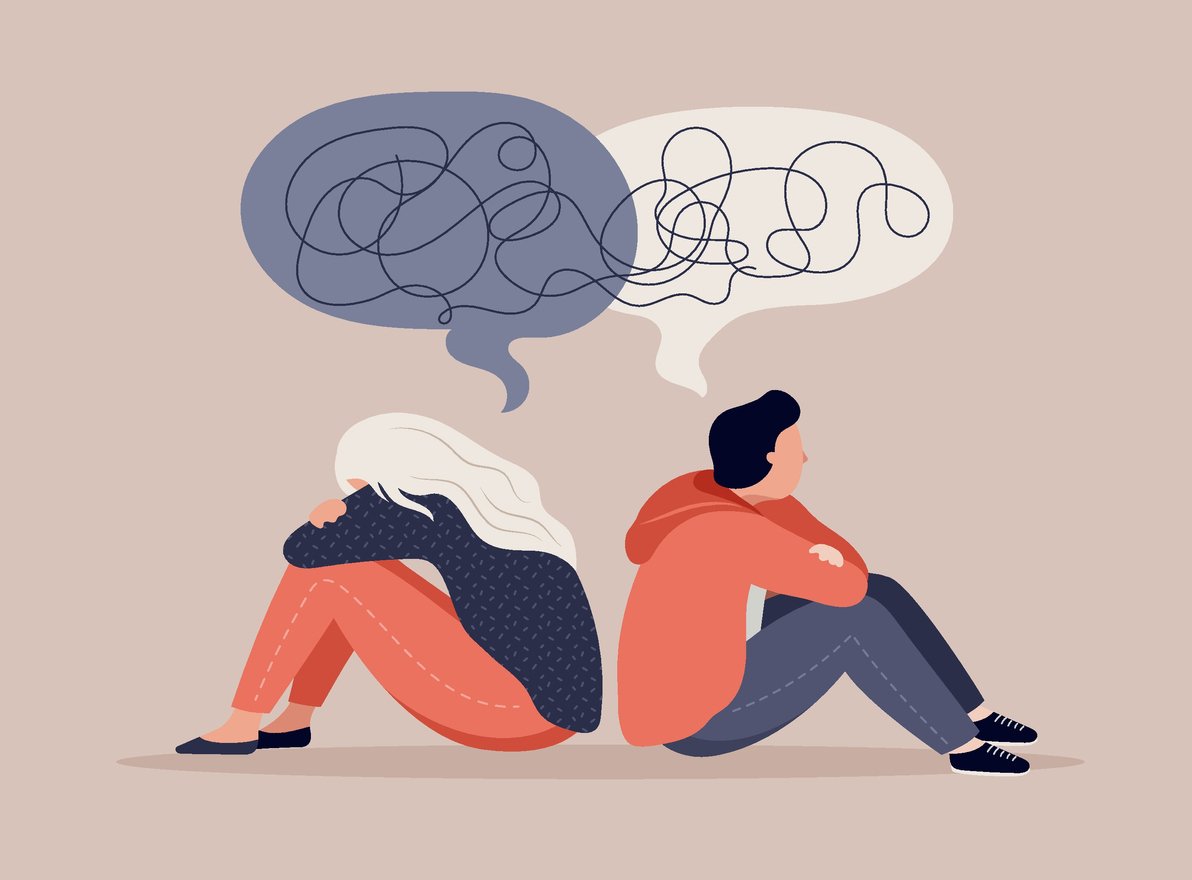When your partner has ADHD and so do you!
There are valid concerns and emotions in a relationship where both of you struggle to regulate your emotions. You’ll likely both have different methods and strategies of coping that you’ve adopted over the years to manage difficulties managing time, organisation, impulse control, memory and/or your energy.
We’re all uniques in the way we think, how our DNA is sequenced, our family environments, personality traits and life experiences. This means that no two people with ADHD are the same. You might think ADHD looks like disorganisation, a messy room or missing deadlines for example. However, an individual who didn’t like the cost to their school work, social life, home life or other may have started to use tactics or strategies to hide their disorganisation, or manage how they come across to others, or interpret forgetfulness as “letting someone down” and think it feels so terrible that they put post it notes everywhere so they reduce the risk of forgetting events. What this means is that you may come across a very organised adult who has calenders, diaries and accessories that help streamline or delegate their short term or working memory to systems. You may not look at that person and guess they have ADHD. They’ve become good at that system from their early experiences with ADHD. That is one example of how someone may present or behave in response to their difficulties with ADHD.
Another presentation may be an individual who didn’t figure out this startegy but instead found that their difficulties with impulse control and emotion regulation lead them to gambling and the costs to their career, friends and family mean that they have since addressed that and no longer attend sporting events.
Does this mean if you have impulse control issues you will become addicted to something? No, because we all have different life experiences, lessons, resources, support systems, beliefs, personality traits and DNA.
Even though ADHD presents differently in each individual there are some simililarities.
A function of ADHD can be rapid speech, someone may find this difficult to follow, while another person with ADHD may think, yes! this is my speed and enjoy their interactions with that person, they may stimulate each other. Something I have come across in couples with ADHD is that they find similarities and think that means they can understand each other, so when they reach a misunderstanding or note a difference this brings on anxiety. Humans want to be able to predict things, our brains want homeostasis (the greek word for “same”). Celebrating the differences within a relationship is a hallmark of any great relationship. ADHD or not, differences between us distrupts a feeling of stability because its harder for us to predict. So what if we got curious instead? We accepted that difference and explored why. Then if the two examples above met, the person who wouldn’t join their partner at the soccer wouldn’t feel rejected because they sought to understand their experience. They could just as easily think I have ADHD and I can gamble comfortably. Without seeking to explore the differences and getting to really know one another you can’t co habitate peacefully, you can’t predict and you’re going against what your brain, without your conscious consent, is seeking.
If you think you struggle in any of these avenues and you don’t feel like you have adequate coping skills speak to your GP today for a referral to see a psychologist or psychiatrist.
Christine Halden
Psychologit

